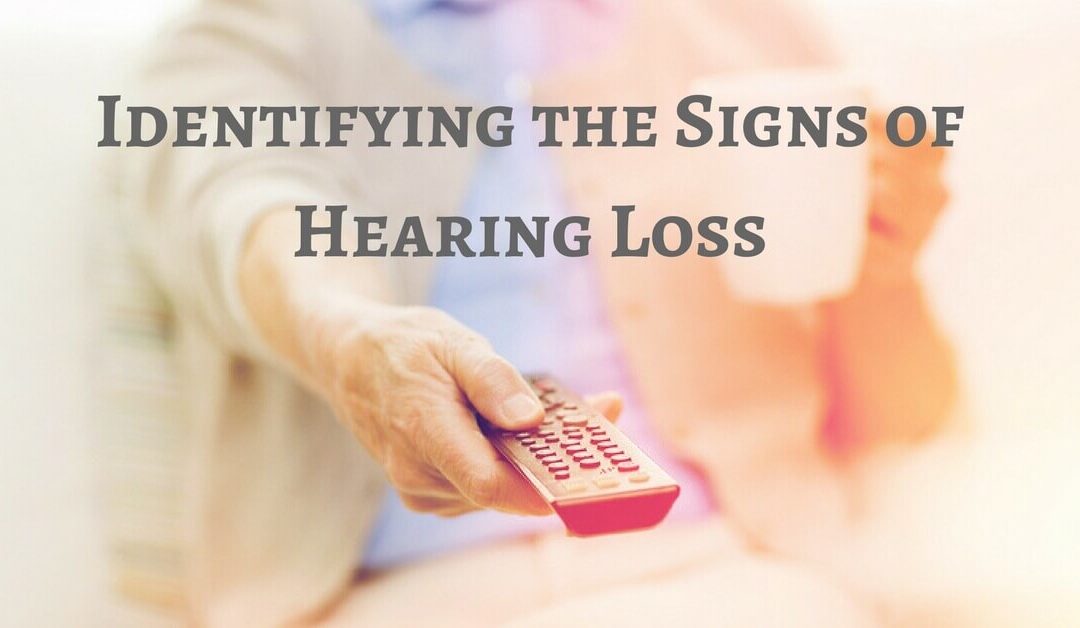Hearing Loss: A Common Medical Condition in the US
Hearing loss is the third most common medical condition in the US, after heart diseases and diabetes. Though it is quite common in older adults, hearing loss may affect anyone, at any age. Approximately one in three people over the age of 65 and 50% of people over the age of 75 experience hearing loss.
More often than not, hearing loss occurs gradually, over a period of time. At first you may think that people around you are mumbling, and you often find yourself asking people to repeat themselves. Over time, you may notice changes in how you hear and how you interact with people.
Surveys have found that people wait an average of seven years from the time they first experience changes in their hearing until they decide to seek intervention for their hearing health. As the effects of untreated hearing loss may permeate to many areas of your life, it is important to identify hearing loss and take a hearing exam as soon as possible. Awareness of the early signs of hearing loss is important, especially for people over the age of 50.
Because hearing loss is an invisible condition, how do we begin to identify the signs of hearing loss? Here, we provide an overview of the signs of hearing loss.
Early Signs of Hearing Loss
In most cases, hearing loss occurs gradually, over a number of years. During this period, there a few of these signs may appear from time to time (adapted from the Hearing Loss Association of America):
- Asking people to repeat what they say
- Having trouble hearing in group conversations
- Thinking that others mumble
- Failing to hear someone talking from behind you
- Turning up the volume on the TV or radio
- Having difficulty conversing on the telephone
- Having trouble hearing your alarm clock
- Having difficulty hearing at the movies
- Dreading going to noisy parties or restaurants
- Feeling anxiety or embarrassment about not being able to hear
- Cutting out activities that you used to love because you cannot experience it fully
- Feeling cut off from your friends and loved ones
In early stages of hearing loss, many people will feel the need to turn up the volume. Unfortunately, having the volume at maximum does not often help clarify sounds. The reality is, hearing loss muddles the sound signals received – so even if the volume is on high, it does not necessarily ensure clarity of sound. If your loved ones continually ask you to turn down the volume, consider this a potential sign of changes in your hearing.
As hearing loss becomes more prominent in a person’s life, the biggest challenge occurs with speech recognition. A common complain among people experiencing hearing loss is: “I can hear, but I can’t understand.”
Issues with Speech Recognition
Hearing loss interferes with several different arenas of speech recognition: your ability to recognize speech and anticipate speech patterns; and your ability to hear speech at certain frequencies (specifically the higher-frequency voices of women and children).
Additionally, hearing loss may affect your ability to accurately locate sound, which makes it difficult to identify the direction from which a person is speaking and addressing you. Speech recognition also makes it difficult for people to have phone calls. Over time, difficulty with speech recognition will cause people to isolate themselves from their loved ones, avoiding phone calls, conversations, and social gatherings.
Avoiding Social Situations
Hearing loss affects people in different ways. While some people feel as though they can “fake it” through conversations, over time, it could become exhausting to keep up due to difficulties with speech recognitions. As hearing loss tends to have certain taboos attached to it – even though it is a common condition and is quite prevalent in the US – it is likely that people will avoid the issue all together and not seek treatment.
When you leave hearing loss untreated, you may find that certain environments or situations are more difficult than others to hear. Conversations with more than one person may be challenging, as well. If you are invited to a party or a restaurant, the prospect of multiple conversations happening at once may seem daunting. As such, many people experiencing hearing loss may withdraw from friends and loved ones, avoid social situations and interactions, and lose touch. Unfortunately, this could lead to a sense of stress, anxiety, and depression.
Seeking Treatment for Hearing Loss
Untreated hearing loss radiates to many different areas of your life. Studies have found that people with untreated hearing loss have an increased risk of accidents, falls, and hospitalizations. Additionally, researchers have found a potential link between untreated hearing loss and dementia, due to an increased cognitive load from the brain struggling to make sense of unclear signals. On a person to person level, hearing loss can be an isolating condition, pushing you away from your loved ones. To ensure optimal emotional and physical health, it is important to take a hearing test as soon as signs of hearing loss are present.
If you believe that you – or someone you love – are experiencing hearing loss, the first step is to schedule a hearing test and consultation with a hearing specialist or audiologist. Find a hearing health provider near you to begin the journey to better hearing health.

